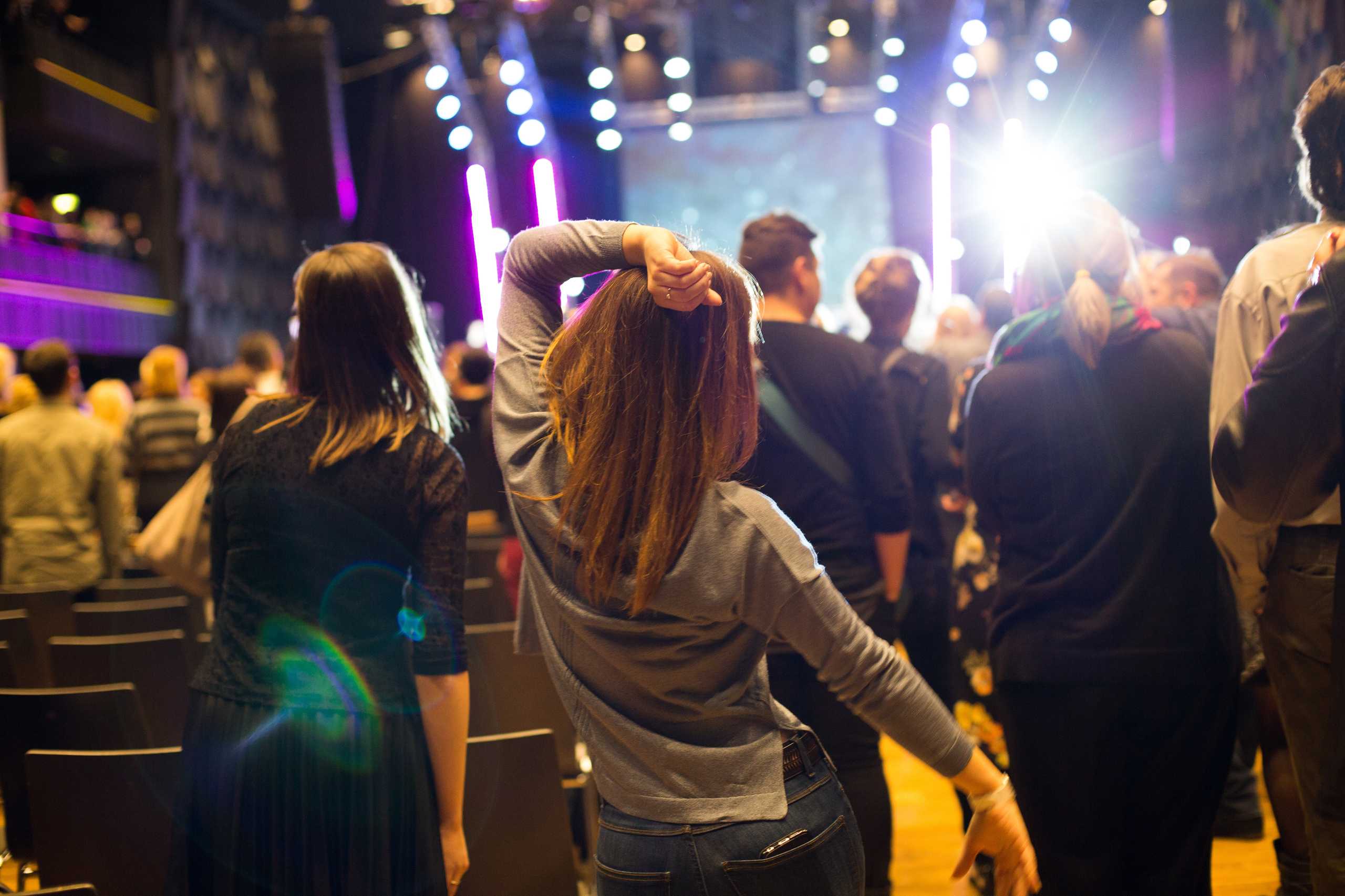Stage presence is the magnetic quality that draws an audience in, making a performance unforgettable. While natural charisma helps, true stage presence is cultivated through intentional physical training and awareness. Every movement, posture, and gesture contributes to how a performer is perceived.
The Role of Physicality
Your body is the primary tool for conveying emotion and command on stage.
- Posture – Upright, confident posture signals authority and focus.
- Gestures – Controlled and deliberate gestures enhance communication with the audience.
- Energy Projection – Learn to distribute energy throughout the body to fill the stage space.
Techniques for Improvement
Improving stage presence requires consistent practice and mindful exercises.
- Mirror work to observe and refine gestures and expressions.
- Practice moving across the stage with intention, maintaining eye contact and engagement.
- Experiment with different movement qualities—soft, sharp, flowing, abrupt—to match character needs.
Integrating Presence into Performance
Presence is most effective when integrated seamlessly with voice, emotion, and timing.
- Coordinate movements with dialogue or musical cues.
- Use pauses and stillness strategically to heighten attention.
- Adjust physical expression based on audience reactions for maximum impact.
Conclusion
Developing stage presence is a continuous process that enhances every performance. Performers who invest in physical awareness often appear more confident, compelling, and authentic to their audience.

